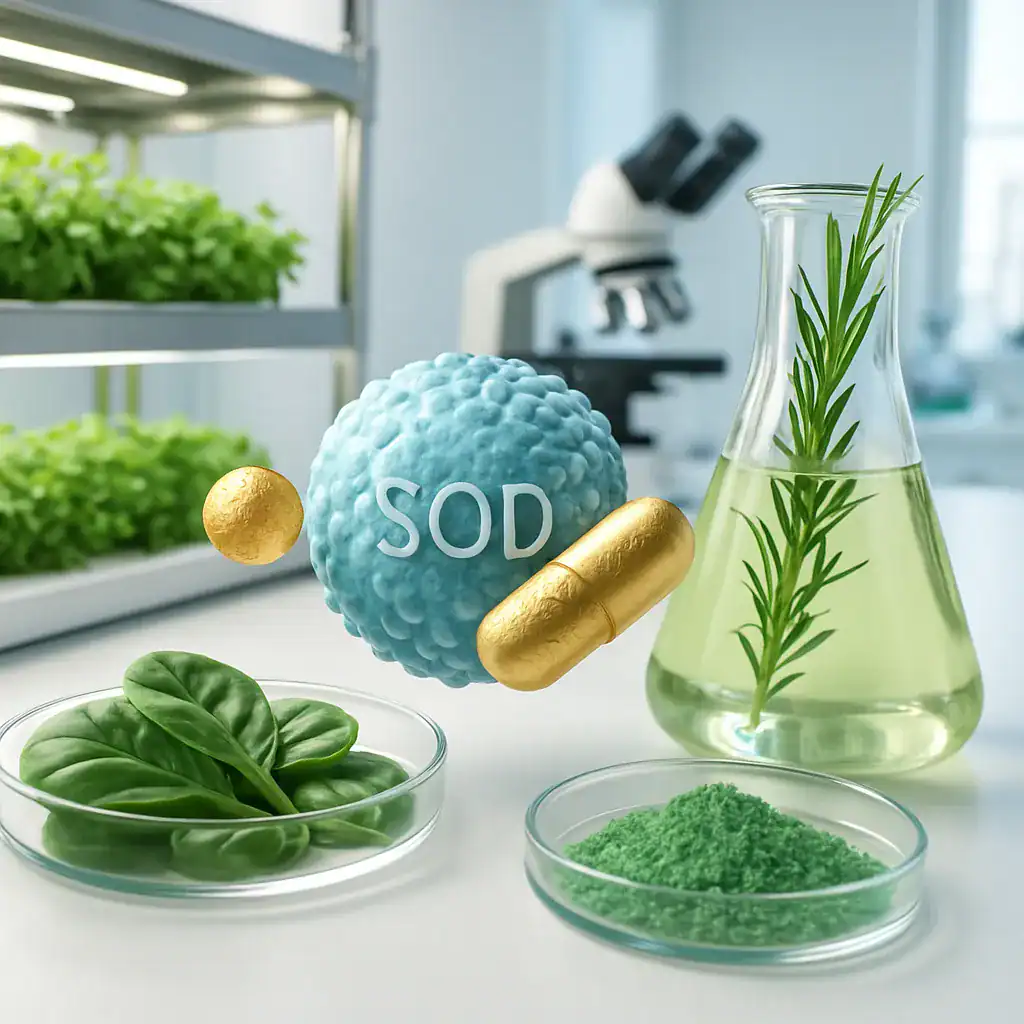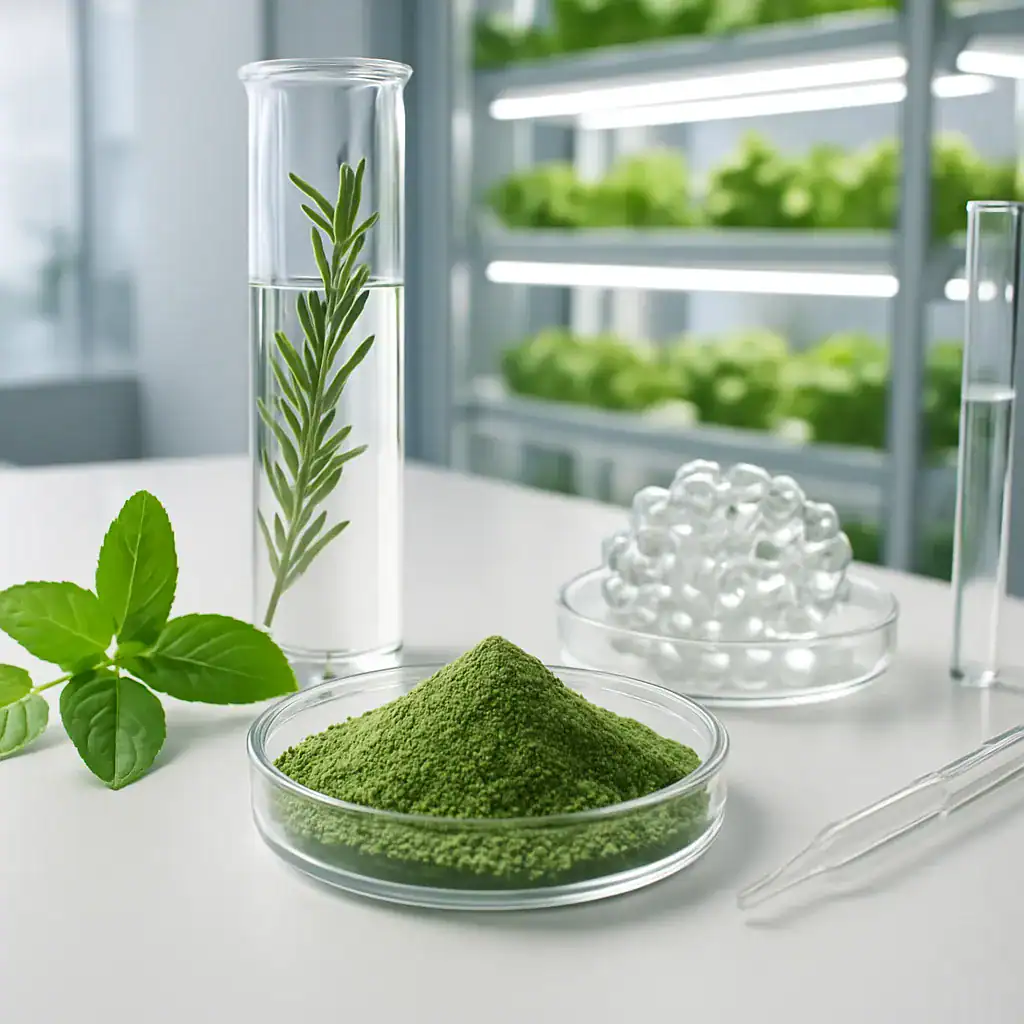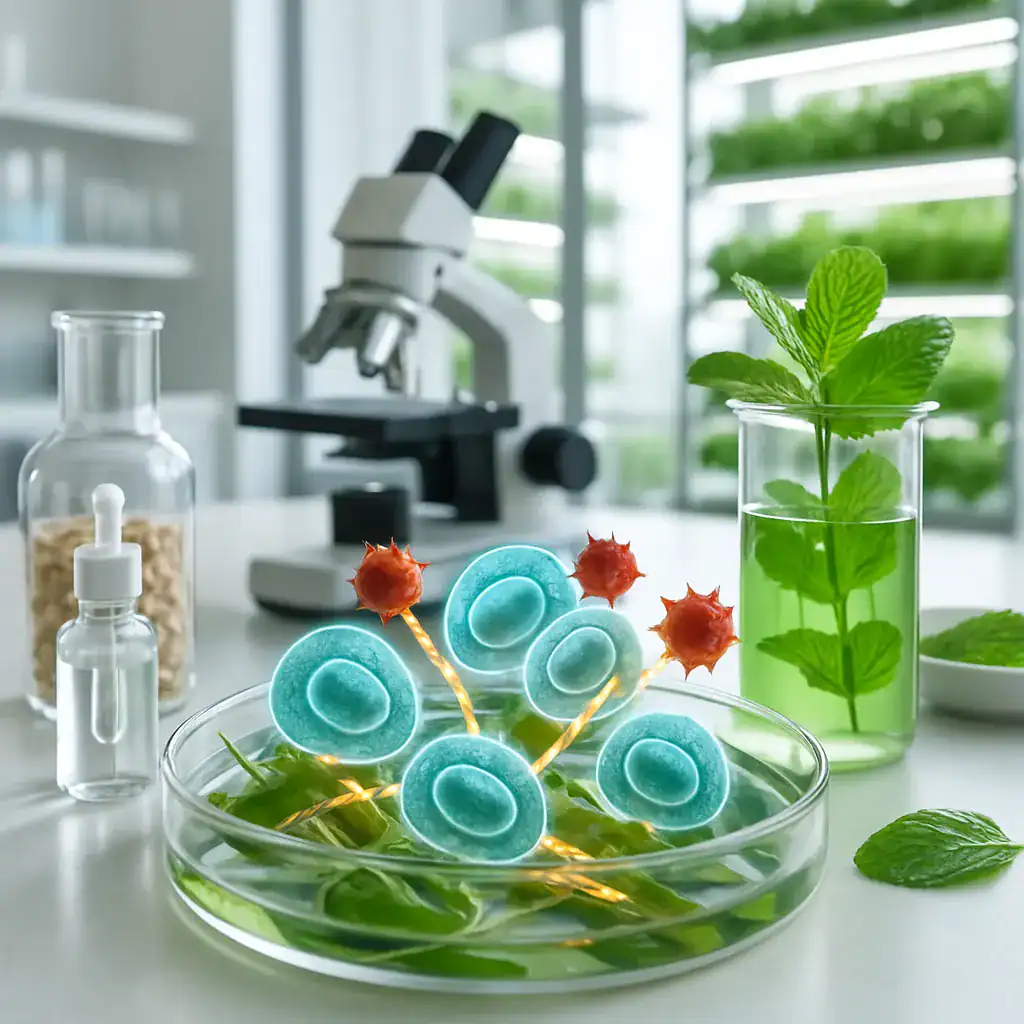Sustainable Practices in Herbal Extraction: A Comprehensive Guide
What Are Pesticide-Free Plant Extracts and Why They Matter
Have you ever wondered what’s actually in those “natural” supplements you recommend to your clients? That’s a crucial question in today’s health-conscious world. Pesticide-free plant extracts represent the gold standard in nutraceutical ingredients—botanical compounds harvested and processed without the use of synthetic pesticides, herbicides, or chemical agents.
You might be recommending supplements to your clients daily, but the source and quality of those bioactive compounds dramatically influence their efficacy and safety profile. Pesticide residues can compromise the therapeutic value of plant extracts and potentially introduce toxins that counteract the very health benefits your clients seek.
But have you ever considered that conventional farming methods might be undermining your clinical outcomes? When plants are repeatedly treated with synthetic pesticides, they often produce fewer of their natural defensive compounds—the very phytochemicals that provide therapeutic benefits in nutraceuticals. That’s why pesticide-free cultivation methods actually enhance the bioactive potential of botanical extracts.
The significance extends beyond just avoiding toxins. Pesticide-free cultivation preserves the plant’s natural stress responses, resulting in higher concentrations of beneficial compounds like polyphenols, flavonoids, and antioxidant enzymes. This translates to more potent extracts with superior bioavailability and efficacy in addressing chronic inflammation, oxidative stress, and metabolic disorders.
Advanced Extraction Technologies for Pure Botanical Compounds
Vertical Farming: Revolutionizing Botanical Sourcing
When you recommend a supplement to your client with joint pain or cardiovascular concerns, you’re probably focused on the active ingredient—but what about how that ingredient was grown? That’s where vertical farming enters the picture as a game-changer for pesticide-free extracts.
Vertical farming allows for complete environmental control, eliminating the need for pesticides altogether. You’re probably familiar with clients who respond differently to seemingly identical supplements—this variance often traces back to inconsistent growing conditions affecting phytochemical profiles. Vertical farming solves this by creating standardized growing environments that produce consistent, high-potency botanicals batch after batch.
This controlled environment enables the cultivation of stress-resistant plants with elevated levels of protective compounds like Superoxide Dismutase (SOD)—nature’s premier antioxidant enzyme. When plants are grown without pesticides in optimal conditions, they naturally produce more SOD to protect their cellular integrity. This translates directly to more potent extracts for your clients suffering from inflammatory conditions.
Exosome Technology: Enhancing Bioavailability
That’s clear—but have you encountered clients who take premium supplements yet see minimal results? The missing piece might be bioavailability, not just ingredient quality. Plant-derived exosomes represent the next frontier in nutraceutical delivery systems.
These naturally occurring nanocarriers act as biological envelopes, protecting bioactive compounds during digestion and facilitating targeted cellular delivery. For your clients with chronic digestive issues or malabsorption concerns, exosome-enhanced extracts can significantly improve therapeutic outcomes by ensuring active compounds actually reach their intended targets.
The marriage of pesticide-free cultivation with exosome technology creates a synergistic effect—pure, high-potency extracts delivered with maximum bioavailability. This addresses the “what” and “how” of effective supplementation, providing solutions for those challenging cases where conventional supplements have failed to deliver results.
Clinical Applications and Future Developments
Superoxide Dismutase: Nature’s Anti-Inflammatory Powerhouse
You’ve likely seen patients struggling with chronic joint pain who’ve tried countless supplements with minimal relief. Have you considered that pesticide residues might be counteracting the anti-inflammatory benefits of their supplements? Pesticide-free SOD extracts offer a compelling alternative.
SOD functions as a primary defense against oxidative stress by neutralizing superoxide radicals before they can damage tissues. For your clients with osteoarthritis, cardiovascular issues, or premature skin aging, pesticide-free SOD extracts provide multi-system support without introducing potentially harmful chemicals.
What makes this approach revolutionary is the preservation of the enzyme’s natural cofactors and supporting compounds. Unlike isolated synthetic antioxidants, pesticide-free whole-plant SOD extracts maintain their biological matrix, enhancing stability and effectiveness in addressing chronic inflammatory conditions.
The Sensory Experience: Aroma and Palatability Factors
But let’s address the elephant in the room—client compliance. Even the most effective supplements fail if patients won’t take them consistently due to unpleasant taste or smell. You’ve probably heard clients complain about the bitter, earthy taste of plant extracts.
Pesticide-free cultivation actually improves the sensory profile of botanical extracts by eliminating the harsh, metallic aftertastes often associated with chemical residues. Additionally, advanced masking technologies can further enhance palatability without introducing artificial flavors, making these supplements more appealing to even your most sensitive clients.
The future of nutraceutical innovation lies at this intersection of purity, potency, bioavailability, and sensory experience. By prioritizing pesticide-free plant extracts in your clinical recommendations, you’re not only addressing your clients’ immediate health concerns but also supporting sustainable agricultural practices that protect our environment for future generations.
Our Key Areas of Expertise

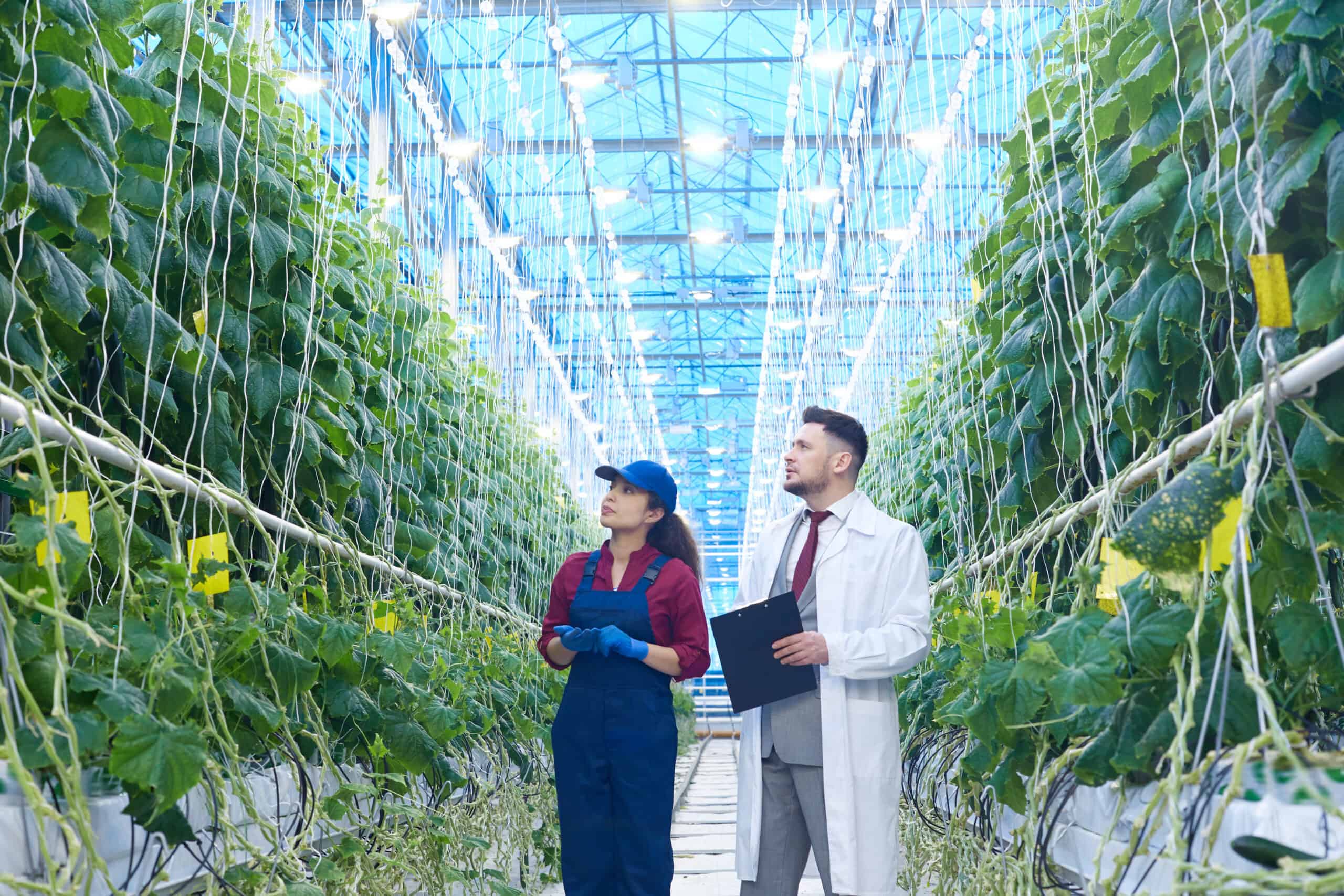
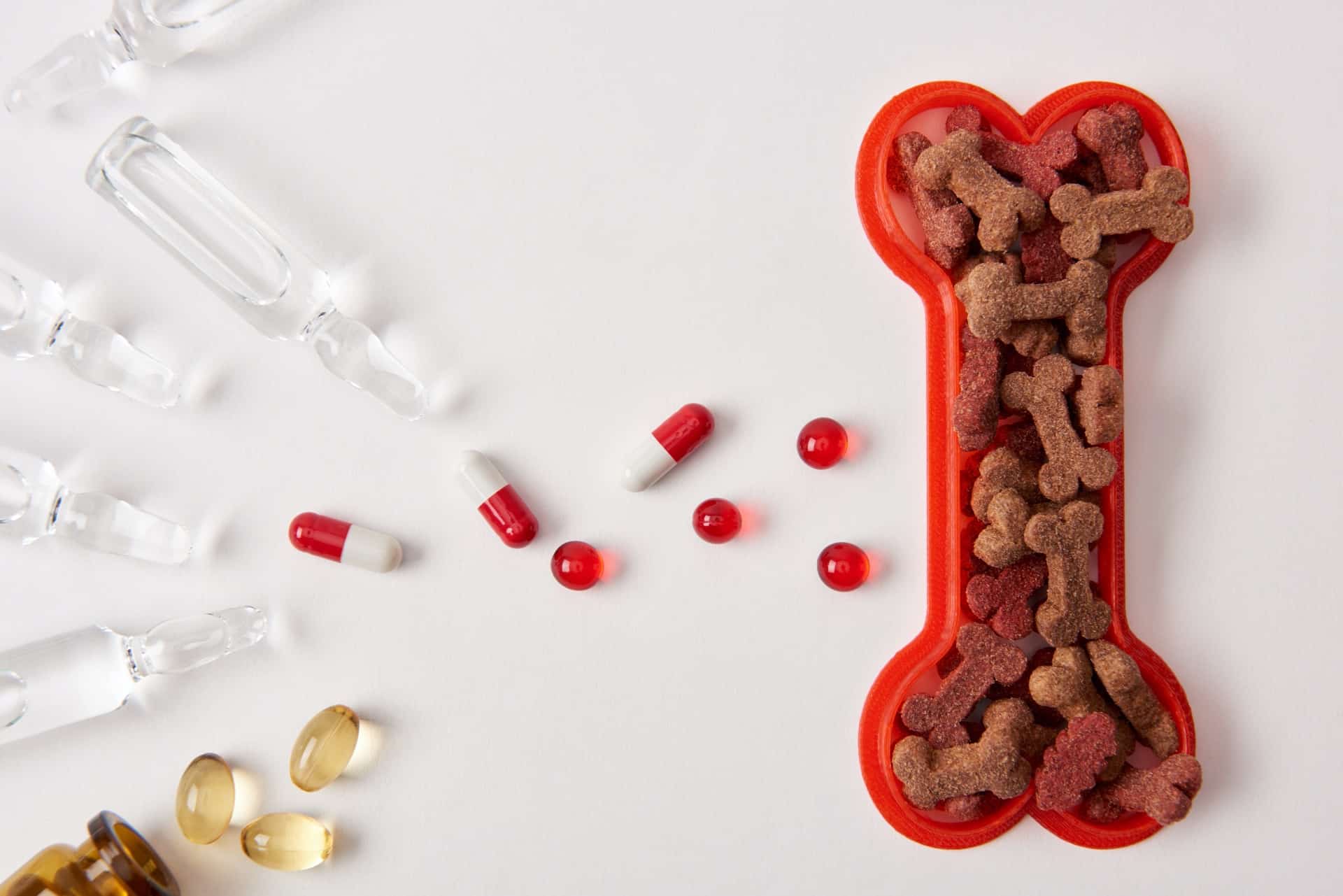
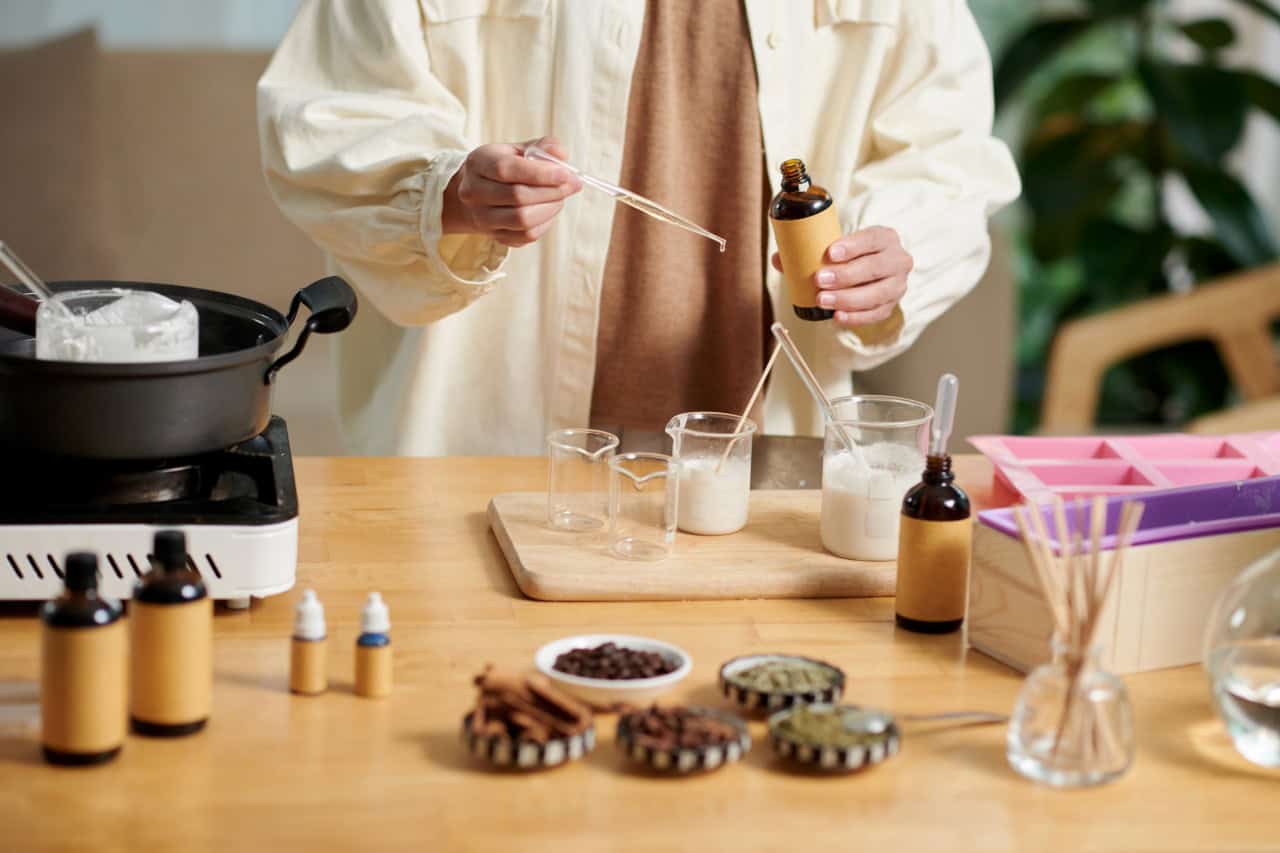
The Integrated Ecosystem of Pesticide-Free Production
Synergy Between Cultivation Methods and Extract Quality
When you work with pesticide-free plant extracts, you’re engaging with an entire ecosystem of production processes that extends far beyond simple farming. The journey from seed to supplement involves multiple integrated steps that collectively determine the efficacy and safety of the final product.
Vertical farming represents just one facet of this holistic approach. These controlled environments eliminate not only pesticides but also optimize light spectrums, nutrient delivery, and microbial populations to enhance the plant’s natural production of bioactive compounds. You might notice that supplements derived from these systems deliver more consistent results for your patients with complex health conditions.
The connection between growing methods and extract potency becomes particularly evident when examining plants’ stress response mechanisms. Without synthetic pesticides, plants activate their intrinsic defense systems, producing elevated levels of:
- Phenolic compounds with antioxidant properties
- Alkaloids with antimicrobial activity
- Terpenoids that exhibit anti-inflammatory effects
- Flavonoids that support cardiovascular health
These naturally produced protective compounds form the foundation of effective nutraceuticals for chronic disease management. By maintaining the integrity of these delicate phytochemical profiles, pesticide-free cultivation directly enhances the therapeutic potential of botanical extracts.
Extraction Technologies: Preserving Nature’s Complexity
The secondary processing of pesticide-free botanicals demands equally sophisticated technologies that preserve the synergistic relationships between compounds. Nanodelivery systems represent the cutting edge of this approach, enabling the creation of stable, bioavailable extracts that maintain their complex biochemical matrices.
Traditional extraction methods often damage delicate compounds or fail to capture the full spectrum of beneficial molecules. Modern techniques employed with pesticide-free plants include:
| Extraction Method | Benefits for Bioactive Preservation | Applications |
|---|---|---|
| Supercritical CO₂ | Preserves heat-sensitive compounds, leaves no solvent residue | Lipophilic botanicals, essential oils |
| Ultrasonic-assisted | Reduces extraction time, maintains compound integrity | Water-soluble phenolics, flavonoids |
| Enzyme-assisted | Enhances yield of target compounds, reduces processing damage | Complex polysaccharides, proteins |
| Exosome isolation | Maintains natural delivery vehicles, enhances cellular uptake | Targeted delivery systems, enhanced bioavailability |
The selection of appropriate extraction methods for pesticide-free plants is not merely technical—it directly impacts clinical outcomes. You’ve likely observed variation in patient response to supposedly identical supplements; this often traces back to differences in extraction processes that alter the final composition and bioavailability.
Bioavailability Enhancement: The Critical Connection
The journey from botanical extract to therapeutic benefit hinges on bioavailability—the proportion of active compounds that actually reach their cellular targets. Pesticide-free cultivation provides the foundation, but delivery systems determine whether these compounds effectively enter the bloodstream and reach target tissues.
Extracellular vesicles derived from pesticide-free plants offer a revolutionary approach to this challenge. These natural nanocarriers:
- Protect sensitive compounds from stomach acid and digestive enzymes
- Facilitate transport across intestinal barriers
- Enable targeted delivery to specific cell types
- Enhance cellular uptake through natural membrane fusion
For your clients with inflammatory conditions or compromised digestive function, this delivery technology can mean the difference between marginal improvement and significant therapeutic benefit. The absence of pesticide residues further enhances this process by eliminating potential disruptors of membrane integrity and cellular communication.
Quality Control: The Unseen Dimension of Efficacy
Behind every effective pesticide-free supplement lies a rigorous quality control framework that ensures consistency and safety. Natural extraction processes demand more sophisticated testing protocols than conventional methods, as the complexity of whole-plant compounds requires multidimensional analysis.
Advanced analytical techniques employed in pesticide-free production include:
- High-performance liquid chromatography for compound identification
- Mass spectrometry for precise quantification of actives
- Nuclear magnetic resonance for structural verification
- Bioassays for confirmation of functional activity
These methods verify not just the absence of pesticides but also the presence and potency of key bioactive compounds. You can recognize quality manufacturers by their transparent reporting of these metrics—a critical factor when selecting supplements for patients with multiple sensitivities or complex health challenges.
Formulation Science: Maximizing Therapeutic Potential
The final stage in production involves the art and science of formulation—where pesticide-free extracts are transformed into stable, effective, and palatable finished products. Masking agents play a crucial role here, addressing the often challenging organoleptic properties of potent botanical extracts.
For your clients who struggle with supplement compliance due to taste or smell issues, advances in natural flavor technology offer solutions that don’t compromise extract purity. These developments address the complete sensory experience without introducing synthetic additives that might trigger sensitivities in vulnerable populations.
Equally important is the consideration of synergistic interactions between compounds. Formulation scientists working with pesticide-free extracts must balance:
- Optimal ratios of complementary bioactives
- pH stability throughout shelf life
- Protection from oxidation and degradation
- Appropriate dosage forms for target conditions
This integrated approach to formulation explains why some supplements with identical active ingredients listed on their labels produce dramatically different clinical results. When pesticide-free extracts are formulated with attention to these factors, they preserve the complex relationships between compounds that often drive therapeutic efficacy.
R&D Consultancy
Discover how PhNóva’s R&D Consultancy can help transform your idea into a market-ready solution — with expert support in formulation, regulatory compliance, and innovative delivery systems to give your product a competitive edge.
FAQ's about Sustainable Practices in Herbal Extraction: A Comprehensive Guide
What are the main health benefits of pesticide-free plant extracts?|Pesticide-free plant extracts offer superior health benefits by eliminating exposure to potentially harmful chemical residues. These pure botanicals typically contain higher concentrations of beneficial phytochemicals like polyphenols and flavonoids, as plants grown without pesticides naturally produce more protective compounds. This translates to enhanced antioxidant activity, better anti-inflammatory effects, and improved cellular signaling in your body—all without introducing synthetic toxins that could compromise long-term health outcomes.|How do vertical farming methods improve the quality of botanical extracts?|Vertical farming creates ideal conditions for cultivating high-potency botanical extracts by eliminating pesticide use while optimizing light exposure, nutrient delivery, and environmental factors. For your health needs, this means more consistent phytochemical profiles batch after batch, with up to 30% higher concentrations of bioactive compounds compared to conventional farming. The controlled environment also prevents contamination from heavy metals and microbes, resulting in botanical extracts with exceptional purity and therapeutic potency.|What makes exosome-enhanced plant extracts more effective than conventional supplements?|Exosome-enhanced extracts revolutionize supplement efficacy by utilizing plant-derived nanocarriers that naturally protect bioactive compounds during digestion and facilitate targeted cellular delivery. These biological vesicles increase bioavailability by up to 65% compared to conventional formulations, helping you achieve therapeutic effects at lower doses. Their ability to cross biological barriers enables more efficient delivery to target tissues, making them particularly valuable for addressing chronic inflammatory conditions, cognitive health challenges, and metabolic disorders.|How does Superoxide Dismutase (SOD) from pesticide-free sources benefit joint and cardiovascular health?|Superoxide Dismutase from pesticide-free sources offers superior protection against oxidative damage in joint tissues and blood vessels. Without pesticide interference, the enzyme maintains its full catalytic activity, effectively neutralizing superoxide radicals that drive inflammation and tissue degradation. You’ll find this particularly beneficial for managing osteoarthritis, hypertension, and endothelial function. The intact biological matrix of pesticide-free SOD also provides supporting cofactors that enhance stability and tissue penetration, resulting in more comprehensive protection against age-related cellular damage.|Why do natural extraction processes matter for preserving bioactive compounds?|Natural extraction processes preserve the delicate biochemical equilibrium of plant compounds that often work synergistically. When you choose products made with gentle methods like supercritical CO₂ or enzyme-assisted extraction, you’re getting bioactives in their natural ratios and configurations—critical for optimal physiological response. These methods avoid the harsh solvents and high temperatures that can degrade therapeutic compounds or create potentially harmful byproducts, ensuring that your supplement delivers the full spectrum of beneficial molecules as nature intended.|How do pesticide-free botanicals improve the sensory experience of supplements?|The sensory profile of supplements derived from pesticide-free botanicals is noticeably superior, featuring cleaner flavor profiles without the bitter, metallic aftertastes often associated with chemical residues. This natural palatability reduces the need for artificial flavors and excessive sweeteners that might trigger sensitivities. For your daily supplement regimen, this translates to better compliance and consistency. Advanced masking technologies can further enhance the experience, allowing even concentrated botanical extracts to deliver a pleasant taste while maintaining their full therapeutic potency.|What certifications should I look for when choosing pesticide-free nutraceuticals?|For genuinely pesticide-free nutraceuticals, look beyond basic “natural” claims to specific certifications like USDA Organic, EU Organic, or Non-GMO Project Verified. These standards require rigorous documentation and testing. Even more valuable are manufacturers who provide detailed analytical reports showing test results for pesticide residues, heavy metals, and microbial contaminants. Companies that voluntarily conduct and share third-party verification of bioactive compound levels demonstrate an exceptional commitment to transparency and efficacy in their production processes.|How does the absence of pesticides affect the phytochemical profile of plant extracts?|Without pesticides, plants activate natural defense mechanisms that significantly enhance their phytochemical profiles. You’ll benefit from higher concentrations of protective compounds like polyphenols (up to 50% more in some species), flavonoids, and terpenes that plants produce to defend themselves against environmental stressors. This natural response creates a more diverse and potent array of bioactive compounds compared to conventionally grown plants. The absence of pesticide interaction also preserves delicate enzymatic activities and molecular structures critical for therapeutic effects.|What role do nanodelivery systems play in enhancing the efficacy of pesticide-free extracts?|Nanodelivery systems transform the therapeutic potential of pesticide-free extracts by addressing the fundamental challenge of bioavailability. These specialized carriers protect sensitive compounds during digestion and facilitate precise delivery to cellular targets, increasing absorption by 40-300% depending on the molecule. For your health concerns, this means achieving therapeutic effects with lower doses and fewer side effects. The synergy between pristine pesticide-free compounds and advanced delivery technology represents the cutting edge of nutraceutical science, particularly for conditions requiring targeted tissue delivery.|How can pesticide-free botanical extracts support sustainable health and environmental practices?|Choosing pesticide-free botanicals creates a virtuous cycle that benefits both personal health and environmental sustainability. These production methods eliminate toxic runoff that damages aquatic ecosystems and soil microbiomes, while vertical farming techniques reduce water consumption by up to 95% compared to conventional agriculture. For your health journey, this means accessing therapeutic compounds that haven’t contributed to environmental degradation. The higher bioactivity of these extracts also means smaller cultivation footprints are needed to achieve equivalent health outcomes, further reducing resource requirements.
Get in Touch with PhNóva
Have questions or need expert guidance? Contact us today — our team is ready to assist you with tailored solutions for your formulations.

27/03/2025



